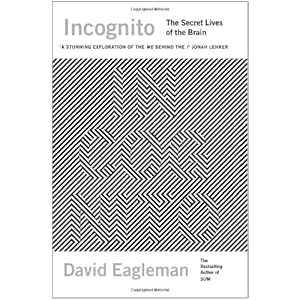
[This post will remain at the top of the page until 8:00 am EST tomorrow, June 5. For reader convenience, other coverage continues below. – UD News]
Ladies and gentlemen, let me introduce you to Tyro, Drew, Ray Moscow, Andrei, Dr. I. Needtob Athe, Anatman, Chris McNeely, Marcello, John Salerno, Miles, Mark, TheShortEaredOwl, Solomon Wagstaff, Evan Guiney, KP, Sven DiMilo, Patrick, Kevin Anthoney, Ftfkdad, Happy Cat, Prof. Pedant, Ben Goren, Qbsmd and Tim Byron. Most of these guys are card-carrying atheists, but by the time you’ve finished reading this post, you’ll absolutely love them.
I have argued before (see here) that the best refutations of arguments for atheism are often those written by atheists themselves. But wait, there’s more! Funnily enough, it turns out that atheists can do a better job of defending key religious doctrines than religious believers themselves.
As readers are well aware, Intelligent Design Theory is not about defending any religious doctrine: its methods are scientific, and its concern is with patterns in Nature that are best explained as the product of intelligent agency. Nevertheless, many Intelligent Design proponents are religious believers, and this post is on a topic that will interest those who are. One key religious doctrine that has been getting a lot of attention lately (see this article by Darrel Falk at Biologos and this recent article by Richard Ostling in Christianity Today) is the doctrine that all human beings are descended from a single pair: Adam and Eve. Read More ›



 Here
Here